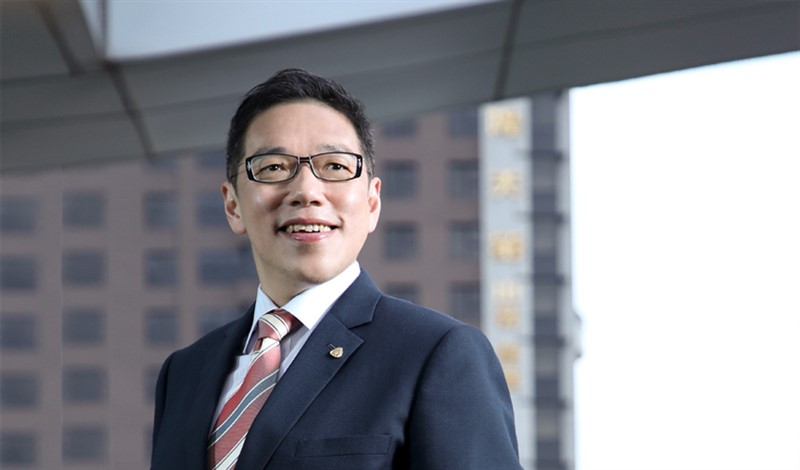Editor's Note
2022.06
A Light at the End of the Tunnel

Since the coronavirus emerged in late 2019, the world has been battling a mercurial contagion that has continuously mutated into ever more transmissible variants. The world has used various non-pharmaceutical and pharmaceutical interventions – vaccines in particular – to reduce serious illness and fatalities. Taiwan’s low infection rate and the multiple returns to “zero Covid” have made it a standout country for pandemic prevention and boosted its visibility on the global stage. However, the high infection rate and low fatality rate of the Omicron variant which has been dominant since the end of last year have finally prompted Taiwan to make the same choice as most other countries: coexistence with the virus. At this point, as we look forward to reopening, our most important task is to look abroad to see where we may fall short in the coexistence model. We cannot dwell in the days of “zero Covid” as that era has passed. This is precisely because the 28-month-old pandemic has greatly changed consumption patterns in industries around the world, such as banking in the United States. Although people have taken off their masks, consumption patterns have now completely changed. People have become more accustomed to online banking, and chatbots provide fast and convenient retail financial services. An appointment model has been adopted for large loans and important wealth management matters, so only one or two counters are left in branches. Another manifestation of post-pandemic finance is in consumer behavior itself. The pandemic has prompted fintech to break through the last mile of usage habits – that is, Generation X’s threshold of trust in online banking. In Taiwan as well, people finally stopped going to the bank to swipe their passbooks for peace of mind. In addition, the market has recognized personalized banking online services in the form of mobile banking. Younger financial consumers have let go of their previous preference for large financial institutions, which calls for brand new thinking and brand positioning by banks. A full transformation of Taiwan’s financial ecosystem is underway in the wake of the Omicron wave. Front-line bank staff became targets of the virus from the very beginning, which made pandemic prevention work an important priority. Staff were pressured to perform well in wealth management, which was used to supplement performance for tasks that were replaced by online services. In fact, it is not only finance which is digitally transforming, but also industries such as tourism, F&B, and healthcare. If businesses only adjust performance targets using their existing manpower and other resources, hoping to do things as they did in the pre-Covid era, they will waste their money and eventually be left behind in the post-pandemic world. Only by taking into account foreign experience, expeditiously enacting digital transformation, and updating their business models, can their growth momentum be restored, and profit opportunities continue. We have now seen the light at the end of the tunnel. The experience of foreign countries in the “coexistence” process has also pointed to Taiwan's possible blind spots. After all, the joint epidemic prevention efforts of the government and society over the past two years have allowed the world to recognize the possibility of high-quality pandemic prevention in a democratic society, and bought more time for Taiwan to cope with the post-pandemic world. The current opportunities for business leaders to make good use of Taiwan’s advantages as a latecomer, learn from foreign experience, and comprehensively rethink their deployment are Taiwan’s most important pandemic achievements.



